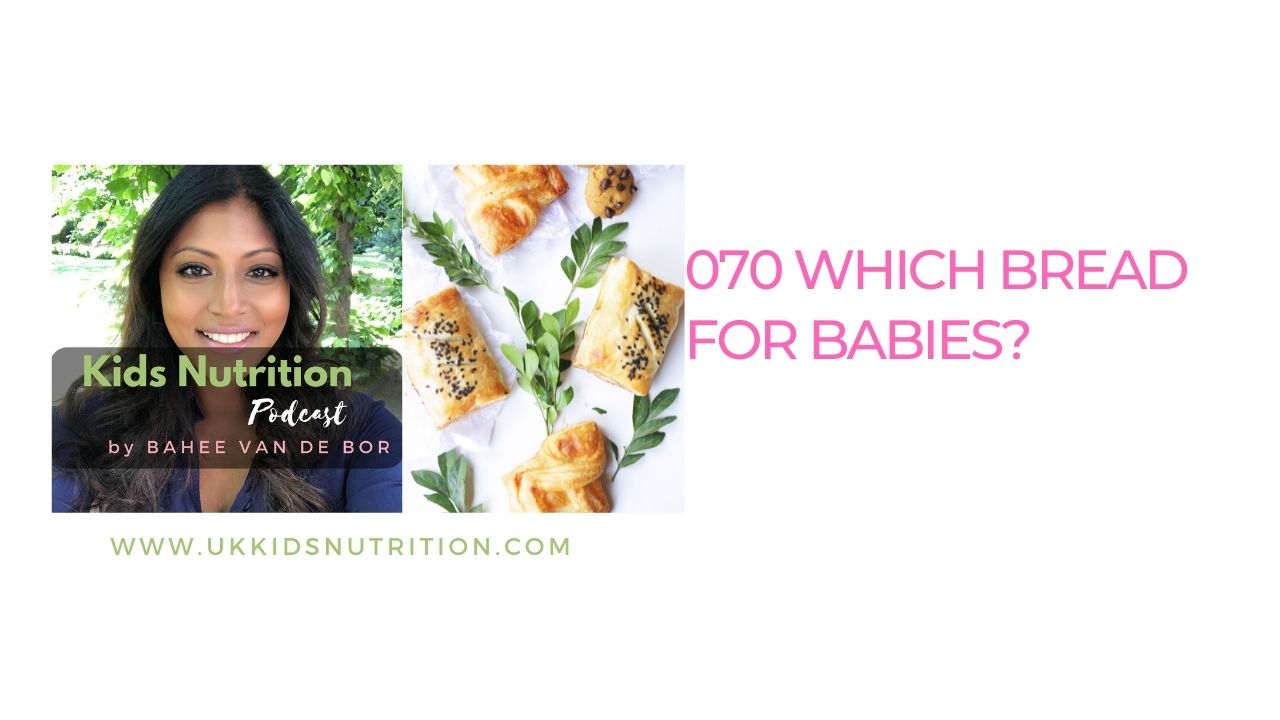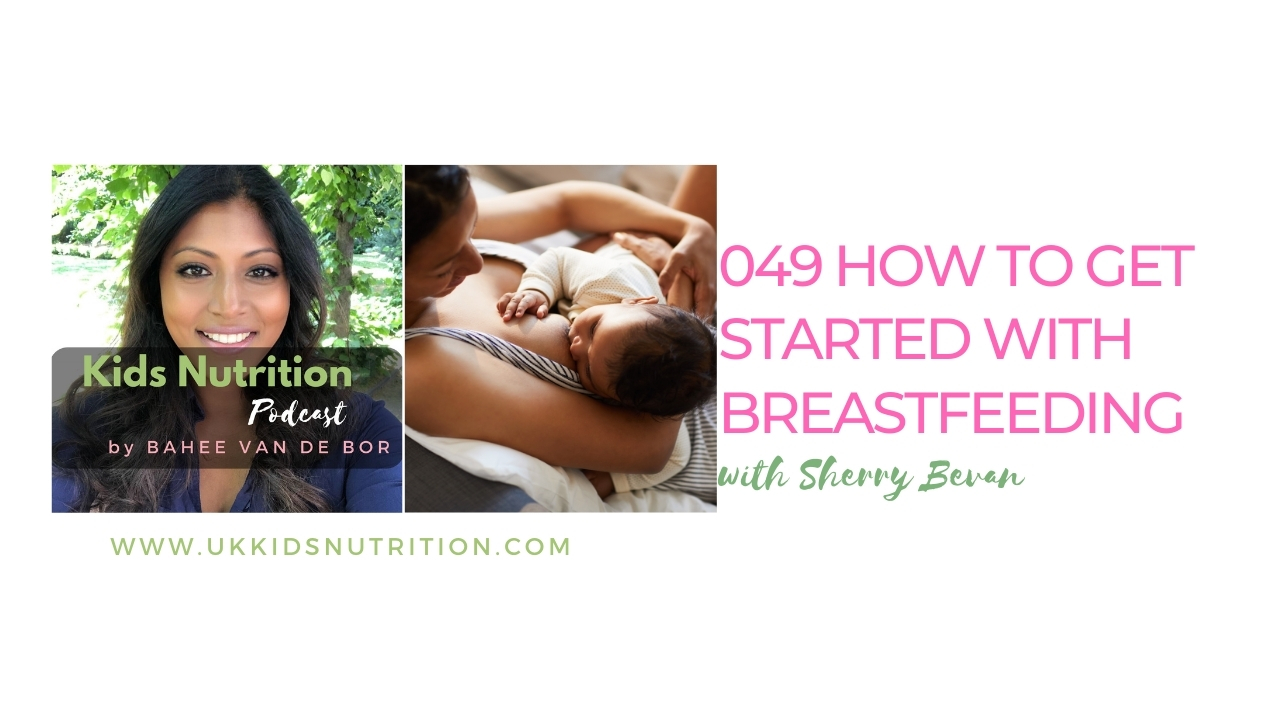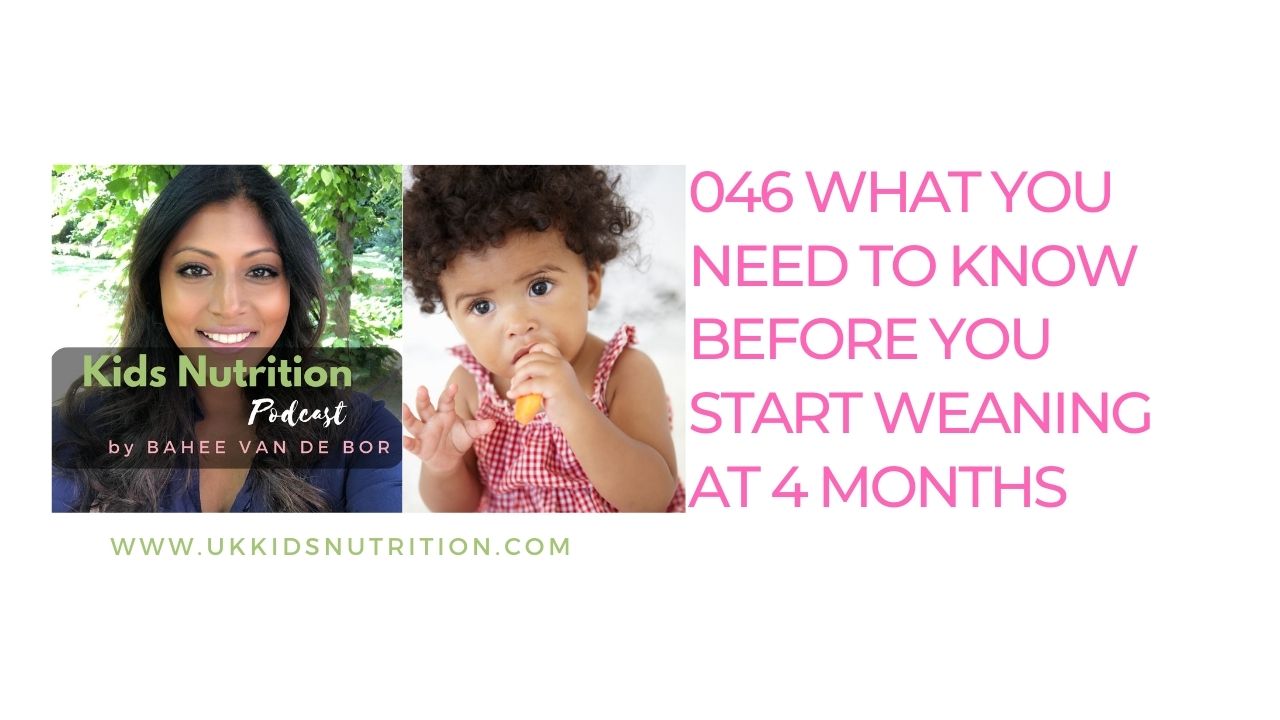Download Top Five Tips For Weaning
This is your instant update on weaning your baby safely onto nutritious solids. Babies are irresistible and yet invincible so gear up on accurate nutrition facts for weaning. Written by your London children’s dietitian.
TIP 1 – start around 6 months of age
Do start around 6 months of age. Some babies may become ready a little earlier from 4 months. If you plan to start solids before 6 months, do look out for the ‘I’m ready’ signs such as good head control, postural stability and your baby’s hand to eye co-ordination. The Department of Health recommends that healthy term babies need only breast milk or infant formula until 6 months of age. For expert individualised advice, always discuss your baby’s requirements with your dietitian.
TIP 2 – move swiftly onto iron-rich foods
Remember that when babies first start to take solids, they may only take tastes of the offered fruit or vegetable puree. They may even push this out with their tongue and make rather comical faces. This doesn’t necessarily mean that they do not like the food that they have been offered. They are more likely surprised at the new flavours and textures. You may have to offer a new food up to ten different times before your baby will accept that food. Persevere and always offer a spoonful of puree before their usual breastfeed or bottle at a time when the baby is alert and happy. You may gradually build up the amounts offered if baby is happy and opens their mouth willingly when offered food.
Never force-feed your baby. When both baby and you are ready, the next step is to offer a spoonful of smooth puree before a second feed. Gradually build up to three eating occasions per day. You can also start to offer very soft-cooked pieces of fruit and vegetables but always remain with your baby during the entire feeding session.
Once your baby is established onto fruit and vegetables, it is advantageous to swiftly move onto iron-rich foods by 6 months of age. It is important to offer both savoury and sweet foods to ensure that your baby is accustomed to a variety of flavours. Cooked eggs, meat, chicken and fish that are pureed or lumpier in texture will be sources of protein, iron, zinc and essential fatty acids.
If you have been exclusively breastfeeding your baby, from 6 months of age, do start your baby on vitamin drops containing vitamins A, C and D. Your baby will need to continue these drops until 5 years of age. Babies who are feeding formula will not require the additional vitamins as their requirements will be met through their intake of formula.
TIP 3 – amp up the flavour with herbs and spices
Avoid adding sugar and salt to your baby’s food. Your baby will not need the additional calories from sugar and it is essential that they become accustomed to a wide variety of flavours. Your baby’s food may taste bland to you but your little one’s kidneys will not be mature enough to cope with any added salt to food.
To elevate your baby’s eating experience, why not cook with fresh herbs and mild spices? Your baby definitely loves flavours too! Cumin in a lentil dish or basil in a pasta and tomato sauce are great examples for paving the way to healthy and tasty eating habits for the future.
TIP 4 – spoon or baby-led weaning?
If you regularly follow my blog, you already know the answer to this! Do both! Starting with pureed foods can help meet iron requirements from iron-fortified breakfast cereals and meat, chicken and fish.
As adults, we do eat certain foods using a spoon so there’s absolutely nothing wrong with offering puree. Spoon feeding could reduce the risk of choking but never leave your baby alone during a feed.
If you are keen on baby-led weaning, don’t offer finger foods until your baby is at least 6 months of age. You may find my recent article on baby-led weaning Should You Spoon Feed or Follow Baby Led-Weaning interesting.
Eating meals together as a family and encouraging family foods promotes independence and a varied texture diet. So if your baby grabs that well-cooked piece of broccoli from your plate, don’t panic (if they are at least 6 months of age of course)! Watch your baby carefully and offer praise for trying new food.
As long as your baby is seated in an upright position and in a suitable high chair, then enjoy watching your baby move onto lumpy and normal textured foods.
You will notice that I haven’t advocated for any special equipment. Weaning lasts for literally what feels like seconds, so trust me, save your pennies. All that you will need are baby-friendly plastic cutlery and bowls, a blender and ice cube trays to freeze all that lovely fruit and vegetable puree that you will be preparing. Remember, during the ‘tastes’ phase, your baby may only take a small taste of puree. There really is no need for any other special equipment.
Style tip – You may wish to invest in full sleeved t-shirt type bibs. I cannot recommend them highly enough! Other parents have found plastic sheeting placed carefully around or under the high chair particularly useful for catching mess. Do be prepared for your laundry to move up to the next level of stain removal!
TIP 5 – have fun!
Don’t forget to have fun! This is such a wonderful moment so do remember your camera.
Final note
As your baby eats more solids their intake of breast milk or formula will naturally reduce. The good news is that you do not need to delay introducing any foods except for honey which should be avoided until your baby reaches the age of one. Honey contains spores of a bacterium called Clostridium botulinum. Infant botulism is a rare neuroparalytic disease caused by the neurotoxin of Clostridium botulinum. Honey should therefore not be given to infants under 12 months of age.
With reference to food allergy, unless advised by your child’s medical professional, you do not need to avoid or delay introducing any foods including dairy, fish, eggs, nuts or wheat.
The findings from Enquiring about Tolerance (EAT) Study which was conducted by Kings College are particularly exciting. It showed that early introduction of the common allergenic foods such as milk, peanut, sesame, egg, fish and wheat in breastfed babies reduced the number of children who developed food allergies. For the full journal, paper see Randomized Trial of Introduction of Allergenic Foods in Breast-Fed Infants.
Currently, the World Health Organisation (WHO) still recommends that complementary feeding should be started at 6 months of age. Breast milk or infant formula should be continued alongside solids until the age of one.
Further reading
- For information on the different type of milk free drinks from 12 months see If Not Cow Then Which Milk?
- When you should introduce high allergenic foods
If you need expert nutrition advice for your baby or child on feeding, feel free to get in touch and enquire about my private consultations.
Don’t forget you can download this fact sheet completely free of charge, click here for downloadable tips for weaning.
If you enjoyed this post please do SHARE this post. Are you on social media? Then do join other mums on UKKidsnutrition’s facebook, instagram and twitter profiles for nutrition chit chat.





6 thoughts on “Five Top Tips For Weaning”
Fab post, really informative and easy to read
Thank you Kate for visiting.
Lovely visual post… with great information
Thank so much for the feedback Elaine.
Love the infographic!
Thank you Priya!